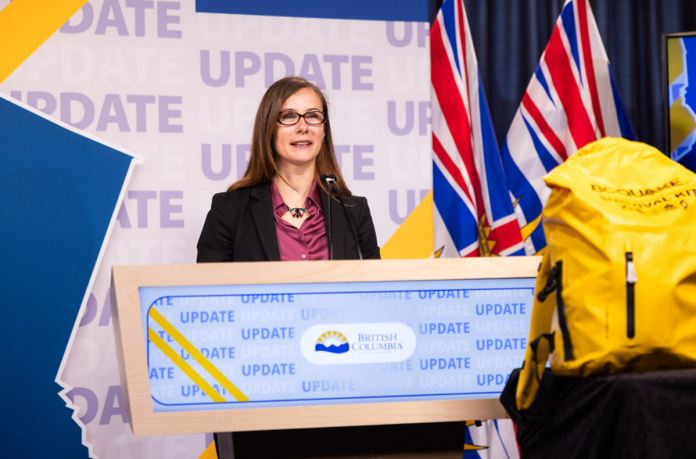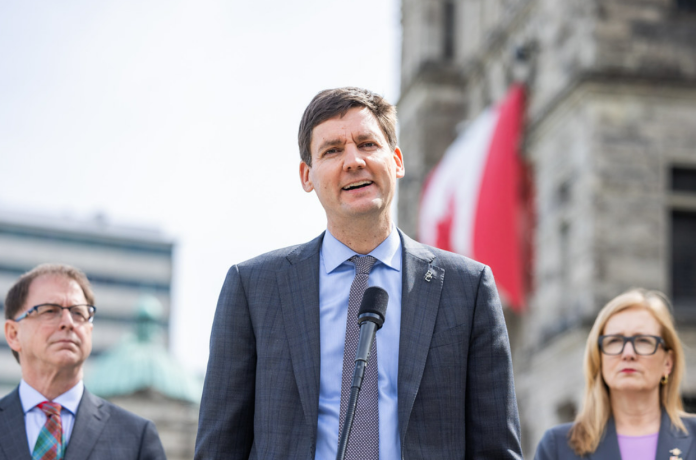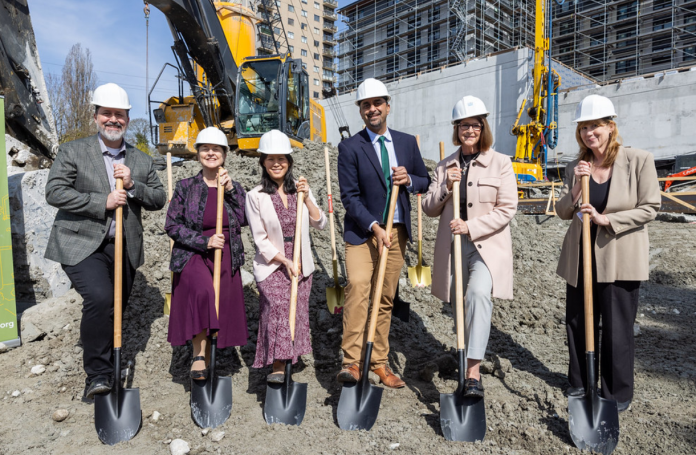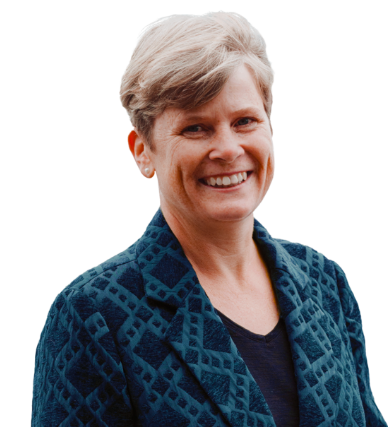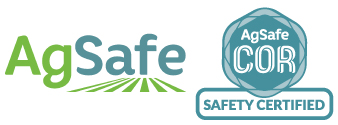People in British Columbia are urged to prepare for seasonal hazards as the warming weather increases the likelihood of climate-related emergencies, including spring flooding, wildfires and drought.
“Over the past year, we’ve taken significant action to strengthen our ability to mitigate and respond to emergencies to better support people,” said Kelly Greene, Minister of Emergency Management and Climate Readiness. “Preparing for emergencies is a team effort, and as warmer weather arrives, it’s equally important that people have their own emergency plan, have a grab-and-go bag ready and know what to do in all types of emergency situations. By being prepared, we will get through whatever this season brings together.”
Warming weather in the coming weeks will cause snowpack to melt, leading to increased spring runoff. When paired with heavy or extended rainfall, this can heighten the risk of flooding in rivers, streams and lakes. The latest snowpack surveys from the River Forecast Centre, released on Wednesday, April 9, 2025, show B.C.’s overall snowpack is at 79% of normal. Comparatively, in April 2024, the provincial snowpack averaged 63% of normal, the lowest it had been in 50 years.
“Even though it’s only April, drier than normal conditions in parts of the province, combined with long-term water supply challenges, mean we already need to be mindful of water use,” said Randene Neill, Minister of Water, Land and Resource Stewardship. “That’s why we continue to update our Drought and Water Scarcity Response Plan and invest in long-term water security, including through the $100-million Watershed Security Fund.”
Flooding and drought preparedness:
To prepare for potential flooding, people living in low-lying areas are encouraged to move equipment and other assets to higher ground and clear perimeter drains, eavestroughs and gutters. People should be on alert if they notice a rapid change in water levels, especially a drop, as this indicates a problem upstream. People should call their local fire, police or public works department immediately if they suspect something is out of the ordinary.
The River Forecast Centre snowpack survey also provides insight into how people and communities in B.C. could be affected by drought. In summer 2024, many parts of the province experienced one of the most severe droughts in recorded history. As B.C. continues to get less snow and rain than average, it’s having a lasting impact on water levels and there is potential for prolonged drought this year.
Communities and businesses are encouraged to take steps to use water more efficiently and plan for potential drought conditions. Everyone can help save water. Small changes make a big difference when people do them together.
Wildfire preparedness:
BC Wildfire Service (BCWS) forecasts indicates that British Columbia may experience an active spring wildfire season due to persistent drought conditions. This activity is expected to increase if there continues to be limited precipitation over the next several weeks and months. Until significant and sustained rains occur, the risk of ignition will remain elevated.
“Every day, the hard-working members of the BC Wildfire Service are preparing for the 2025 wildfire season,” said Ravi Parmar, Minister of Forests. “We don’t know what it will bring, but we are putting in the work each and every day to protect our communities. With warmer weather just around the corner, I urge British Columbians to do their part to help protect their homes and communities through our provincial FireSmart program.”
The Province is working to keep communities safe by focusing on all four phases of emergency management: prevention, preparedness, response and recovery. As part of these efforts, a series of enhancements were made to improve firefighter recruitment and training, step up wildfire-prevention work, expand BCWS contracts for aerial support and incorporate new technologies to better support firefighting.
How people can prepare for emergencies:
To prepare for seasonal hazards, people should put together an emergency kit that includes essentials, such as water, non-perishable food, medication and a first-aid kit. In addition, pack a grab-and-go bag, which is a small emergency kit that’s easy to take with you, in case you need to leave right away. Having a home emergency plan with important details, such as contact information and emergency meeting places, is also encouraged.
When there is an evacuation order, Emergency Support Services (ESS) will be available to support people with their short-term basic needs, such as accommodation, food and clothing. People can create an Emergency Support Services profile here: https://ESS.gov.bc.ca
In the event you are evacuated, having a profile can make it even easier and quicker to receive support.
In 2024, the Province improved how people are supported by ESS, including introducing the option for evacuees to receive $200 per night for accommodation, providing evacuees with a direct deposit payment option to reduce lineups at reception centres during large-scale emergencies, and establishing the BC Evacuation Helpline to help people get connected to supports remotely.
Having home or tenant insurance is one of the best ways people can protect their families, homes and property in the event of an emergency. In B.C., home insurance that provides coverage for fire damage and losses is readily available in every community in B.C. Both home and tenant insurance policies typically have additional coverage for living expenses if you need to leave your home during an evacuation order.
Quick Facts:
- The Province issues BC Emergency Alerts to cellphones, radio and television for wildfires, floods, extreme heat and tsunamis.
- Natural Resources Canada issues emergency alerts for earthquakes.
- Since 2017, the Province has provided approximately $500 million to First Nations and local governments for approximately 2,600 disaster-preparedness and mitigation projects through Ministry of Emergency Management and Climate Readiness funding programs.
- For wildfire-prevention initiatives through BCWS, FireSmart initiatives and the Forest Enhancement Society of BC (FESBC), $90 million has been allocated in 2025.
- There are 88 cultural and prescribed burn projects planned for 2025, 48 were completed in 2024.

